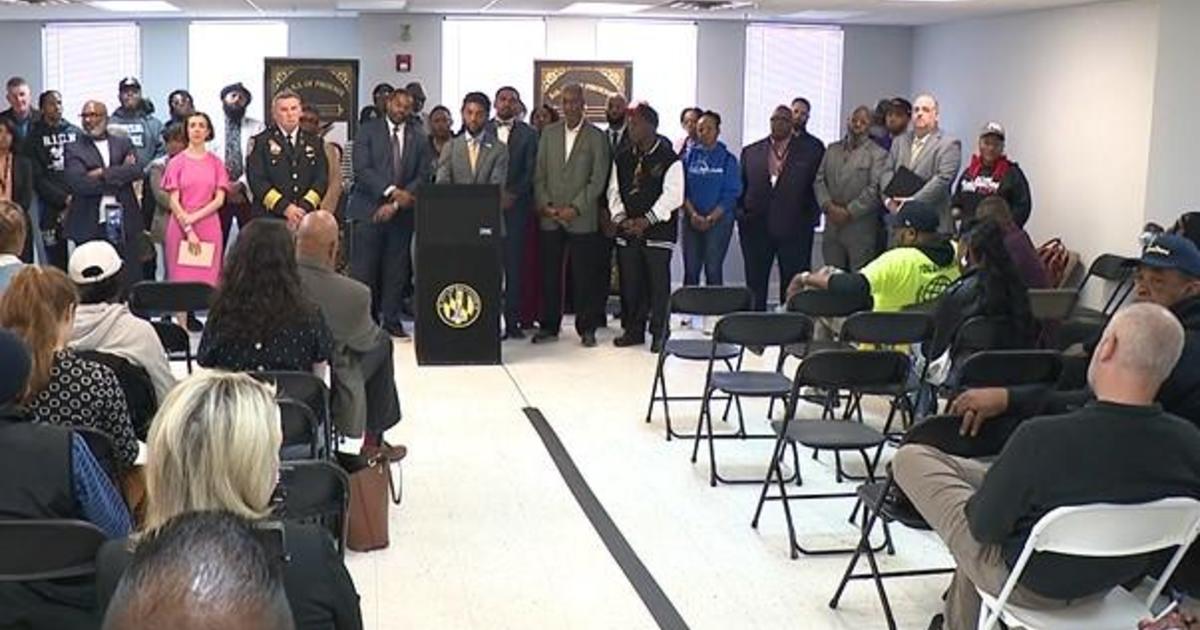Md. Woman Recovers After Eaten Alive By Bacteria
Just a few short years ago, Sandy Wilson was literally being eaten alive.
"I was being torn apart from the inside out," she said.
Flesh-eating bacteria were attacking her body ravaging her organs in a life and death battle.
Koch:"Do you remember the first time you heard them tell you what we call flesh-eating bacteria."
Wilson: "The first time I actually realized what was going on was when I looked down."
Koch: "What did you see?"
Wilson: "There was this yellow waxy saran wrap type stuff over my abdomen and I remember very clearly seeing what looked like French fries or chicken underneath it and what it was my internal organs. I could see my intestines."
Necrotizing fasciitis, the infection's formal name, is one of the most feared in all of medicine because it's highly resistant to antibiotics. It's rare, attacking only about 600 people a year in the United States. But it's deadly for up to a third of its victims.
"She had a very difficult infection to treat," said Dr. Thomas Scalea, shock trauma physician in chief. "There is just no question about that."
Scalea lead the team that kept Wilson alive during the year and a half she spent at shock trauma.
"I'd just shake my head," Scalea said. "Why, why can't we get her well?"
Wilson's troubles started in 2005 when her son Christopher was born by c-section. She developed complications then doctors realized the deadly danger she faced.
"They were trying to give me hope, but I could read it behind their eyes," Wilson said.
They didn't think there was any hope. On a recent visit to shock trauma, no one could believe Wilson was alive.
Wilson and her doctors can't pinpoint where she picked up the flesh-eating bacteria, but surprisingly it exists all around us. It lives in crowded places like daycare centers, schools or prisons. You can pick it up from contaminated items like sports equipment. All it needs is an open wound to get in your body where it can run rampant.
"I don't know the number of times we operated on her, but it was probably 50 when it was said and done, maybe more," Scalea said.
Wilson spent the first years of her baby's life in the hospital, but doctors finally got rid of the deadly bacteria. With her organs literally eaten away, she then underwent a rare transplant of her small and large intestine.
Koch: Do you think you would have survived this if you didn't have this beautiful boy to come home to?
Wilson: I remember thinking about this in the hospital. Thank God it was me because it could have been my son.
Wilson plans to renew her nursing license and return to her career at an area hospital.



